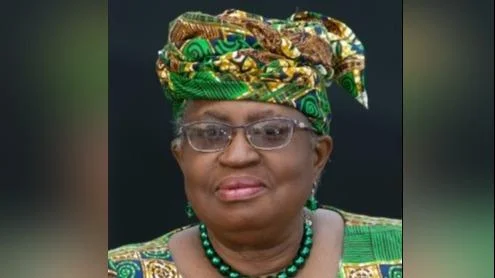The multifaceted curriculum included technical lectures, interactive sessions, and collaborative exercises. Participants explored the nexus between trade and gender, using practical tools and learning methodologies to integrate gender considerations into trade policies effectively. Key sessions delved into WTO initiatives on trade and gender, emphasizing the importance of mainstreaming gender equality across trade agendas.
Hands-on exercises were a focal point of the training, as participants worked in groups to design gender-responsive trade policies. These sessions not only reinforced the theoretical knowledge gained but also encouraged practical application and collaborative problem-solving. The resulting policy proposals were presented and critically evaluated, providing immediate feedback and insights for improvement.
Representatives hailed from Bangladesh, Bhutan, China, Egypt, Fiji, Georgia, Honduras, Indonesia, Jamaica, Jordan, Kenya, Lao PDR, Moldova, Mozambique, Nepal, Pakistan, Paraguay Philippines Rwanda Seychelles Sierra Leone The Gambia Uganda Ukraine Uzbekistan Viet Nam Zambia Zimbabwe resulting in a wide array of perspectives that enriched the discussions.
Kevin Jerry Vidot of Seychelles' Ministry of Youth Sports and Family said: "For me the trade and gender course was very informative empowering and eye-opening I learned things that before I thought were not an issue but nowadays after this course I know that there really is an issue You cannot address or approach trade on its own you need to also take into consideration and account for gender issues within that." He added: "Gender is something that we need to be aware of and gender needs to be included in our policies if we really want a transformative agenda to move forward."
Rochelle Graham-Barnes of Jamaica's Ministry of Culture Gender Entertainment Sport noted: "The WTO recognizes the importance of integrating two very key areas: trade and gender Often they're separated But now the WTO has found that the best way to move forward whether it's for sustainable development or economic development is to put them together Gender equality is important for trade and the economy in Jamaica because gender equality allows for the perspectives of men women to be included in whatever sector it is."
Deonah Abigail L Miole of the Department Foreign Affairs Philippines said: "The course provided us with tools on how make gender-responsive policies strategies also it gave us categories on how define which strategies initiatives are gender responsive or transformative." She added: "In ensuring an environment that violence-free contributing equity we ensure effective sustainable collaboration between men women This would lead us sustainable growth development."
Syed Shakeel Shah Pakistan's Prime Minister's Office stated: "I found it very interesting learning put lens everything WTO think gives lot new dimensions opens up space work members." He added: "Once go back have next round policy formulation will something related can see here because now well aware issues about them."
The course also provided an overview policies supporting women entrepreneurs introduced participants issues related standards climate change implications violence Throughout four-day programme discussions included women's pivotal roles natural resource management clean energy initiatives amplify their involvement highlighted Aid Trade strategies delved challenges borders poor working conditions export sectors.
Participants learned about Informal Working Group initiatives such as Standards Trade Development Facility's Action Plan 2023-25 Enhanced Integrated Framework support inclusion Diagnostic Studies.
The training emphasized need raise awareness through technical thematic workshops improve transparency notification process Regional Agreements (RTAs) Participants introduced proposal using current systems communicate regulations potential creating new types notifications Networking opportunities establishing focal points various missions alumni groups discussed foster continuous collaboration mainstreaming
The course concluded developing personalized action plans perspectives national international initiative marks significant step toward creating inclusive equitable practices globally aligning commitment sustainable goals equality

